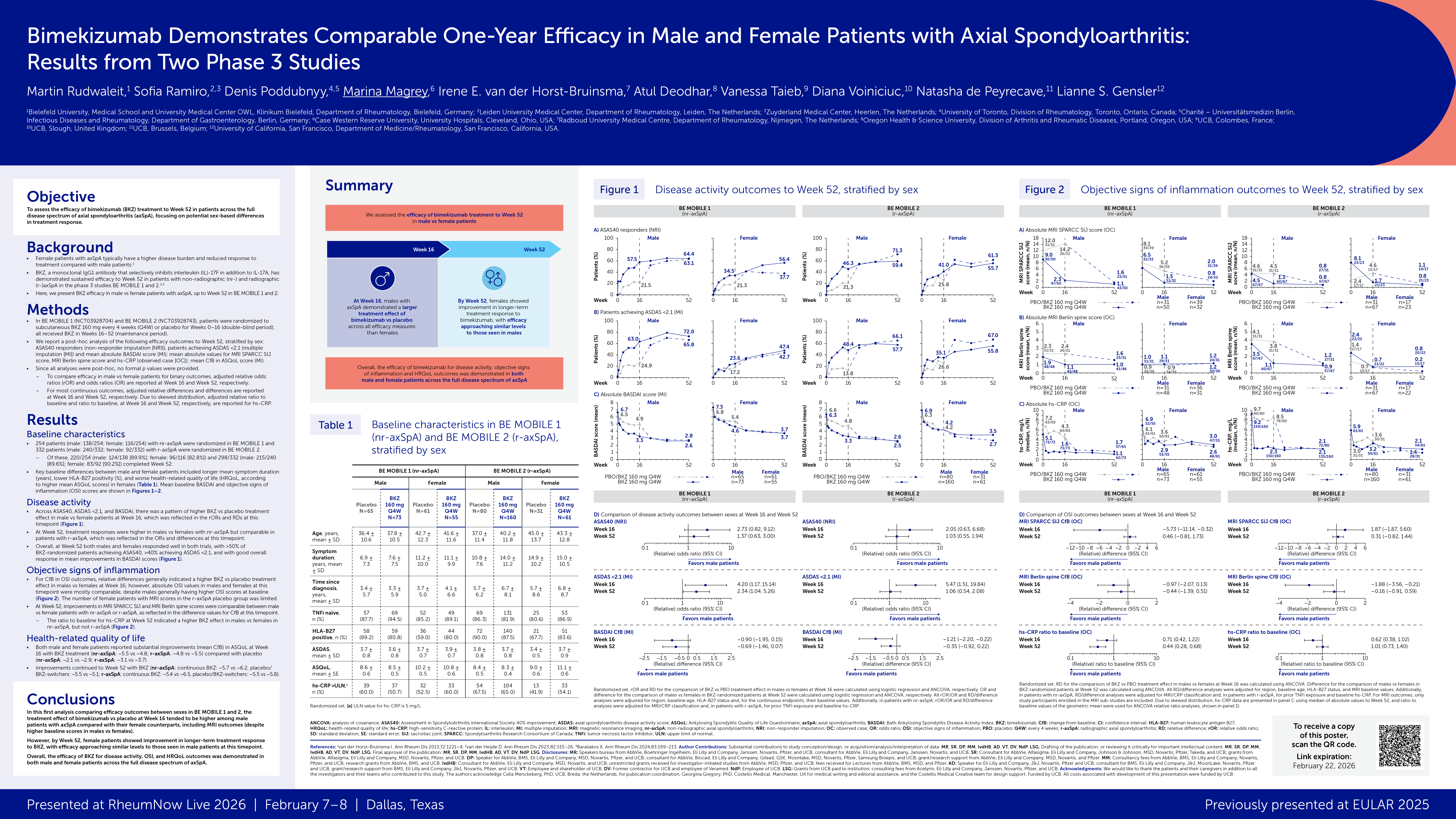Does Recertification M.O.C.(K) Physicians? Save
I recently attained my recertification with the American Board of Internal Medicine for both Internal Medicine and Rheumatology. I played the game, but was it worth it?
Over a decade ago, I was your typical idealistic young doctor who felt that all processes with certification and recertification should be followed for the safety of patients. You surely do not want a quack practicing medicine. Having been in practice and through the recertification process, I am not sure this idealism still holds true.
Criticisms of the ABIM resonate with me. The recertification process is expensive, onerous, and irrelevant. I was already annoyed about the waste of time and money invested in going through the exams, but became really steamed when a public apology was made by ABIM in February that said, “We got it wrong. We are sorry.” Really? And after I spent time and money on M.O.C?
Three Newsweek articles were published in the last few months detailing the anti-board movement and criticizing the ABIM’s “bloated coffers”. I went to the ABIM website and looked for myself at the compensations of ABIM officials on the Form 990 tax return. I realized how naïve I was—their former CEO and President, Christine Cassel, made more than $700,000 for a 35 hour a week job! 35 hours a week is considered a part-time job in the world of medicine; most doctors I know are enslaved at 60-80 hours a week and compensation is a fraction of that. So I reviewed the process of how the ABIM “got it wrong.”
In a published JAMA Viewpoint article published May 12, 2015, Richard Baron, MD (current president of the ABIM) noted the core challenge since the formation of the first medical society has been: How does the public know who is qualified to practice medicine? Patients are ill-suited to judge the quality of their physicians’ knowledge and skillsets; hence, governing boards are a response to public need. He asserted (and I agree) that social media and the internet have leveled the way individuals and institutions interact with each other and that the pace of the change in medical knowledge has been accelerating exponentially. Hence, the governing boards have been trying to keep pace with these changes.
The ABIM was established in 1936 and provides certification in Internal Medicine and 20 subspecialties. In 1972, certification examinations were established for rheumatologists. In 1990, the ABIM stopped issuing lifetime certificates* and required maintenance of certification every 10 years. Then in 2014, the process moved to a model of continuous certification while increasing the cost of recertification. The ABIM publicly acknowledged it made a mistake in failing to engage the medical community before it made the changes, and is trying to backtrack and listen to their membership.
If you have not recertified or are “grandfathered” in, the process includes an examination every 10 years - but before you can sit for the exam, you have to earn 100 points every five years (note that some points must be earned every two years). At least 20 points are in medical knowledge; other points can be attained by medical simulation, self-assessment products developed by other professional organizations (ACR sells these online for about $180-300/module depending on membership status), or attending a Healthcare Improvement Skills Center.
The Practice Assessment, Patient Voice and Patient Safety requirements (formerly known as Practice Improvement Modules or PIMS) have been suspended for at least two years, which does not surprise me as these modules are a waste of time given how they were set up.
The cost for the Internal Medicine exam is $1940 and for rheumatology $2560, but if you recertify for both IM and Rheumatology, the cost is $2745. I calculated my costs to get recertified to be about $3600 in tangible costs due to the modules and products I purchased to prepare for the exams. This does not include the time invested in studying and completing the modules: averaged about 3 hours a day for 2 months, which, if I were to see patients during this time, and conservatively estimating $100/hour X 180 hours, means another $18,000 in cost. So was it worth it? Did the process improve my patients’ outcomes? Am I diagnosing more cases of ochronosis? Am I a better doctor than Jack Cush, MD who was “grandfathered” for maintaining certification?
My practice is typical of most rheumatologists—I usually see 25% fibromyalgia, 10% lupus, 30% rheumatoid arthritis, 30% osteoarthritis, and 5% “interesting cases.” Rarely, I am thrilled to diagnose hemochromatosis just by looking for hooked osteophyte at the 2nd and 3rd MCP joints on X-rays - a favorite board question. The relevance of the questions are not reflective of typical clinical practice, but supposedly, this fall, the exam will be completely different. I am optimistic about the ABIM trying to change the board recertification process and the examination to reflect what is actually seen in clinical practice. I also think they are still a long way away from understanding the burden of the examination process as it stands on a busy clinician’s time, along with the costs associated with it. Former ABIM chair Robert Wachter, MD says it best, “The concerns that the boards have been too disconnected from the practicing physician community are real, and it will require strong action to remedy this.”
Hopefully, the M.O.C will no longer MOCK doctors.
*With the updated requirements, physicians who were certified before 1990 will now be required to sit for examination before December 31, 2023 to show evidence that they have maintained certification (33 years after initial certification—if calculated correctly—most individuals complete their initial board certification at age 29; these individuals will be required to take the examination at age 62).
**My disclosure is that I am the rheumatology section editor for the 16th edition of the Medstudy Board Core Curriculum and Board Review Course. My husband is an internist who is also participating in the M.O.C. process.











If you are a health practitioner, you may Login/Register to comment.
Due to the nature of these comment forums, only health practitioners are allowed to comment at this time.